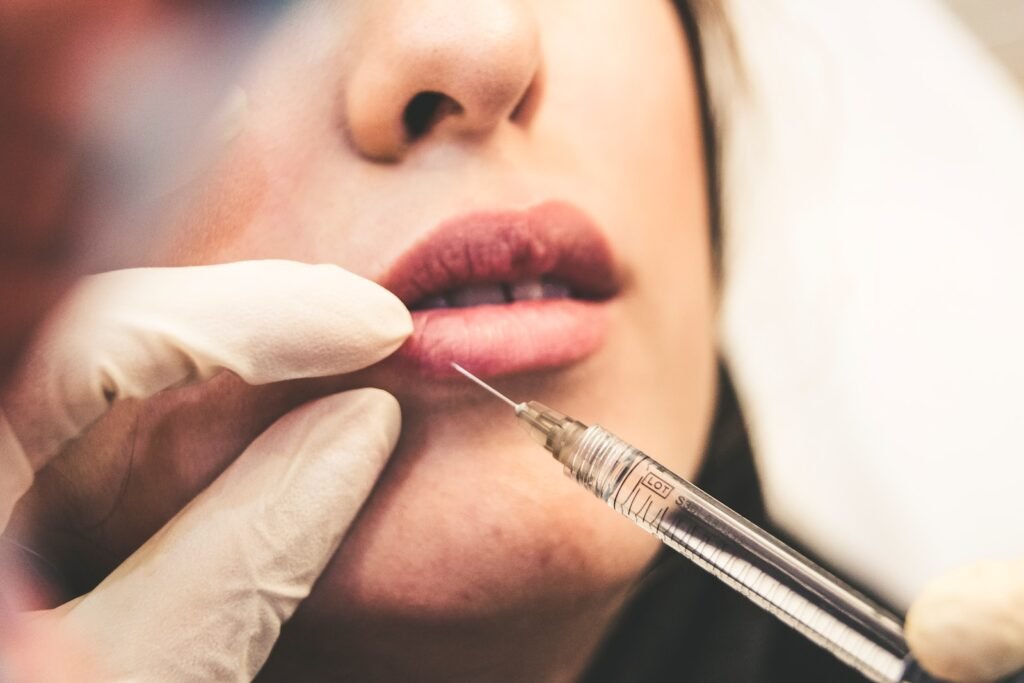Aging is an inevitable part of life, but certain factors can contribute to the process being accelerated. These factors range from genetics to lifestyle choices, environmental factors, and even stress levels. Understanding the influences of accelerated aging is crucial to maintaining a healthy and youthful appearance as we age. In this article, we will explore the various factors that can contribute to accelerated aging and their impact on our overall well-being.

The Role of Genetics in Accelerated Aging
Genetics play a significant role in determining how we age. Some individuals are genetically predisposed to age at a faster rate than others. Certain genetic variants can lead to a decrease in the production of essential proteins that keep our skin supple and youthful. These genetic factors can also affect the functioning of our body’s natural repair mechanisms, making it more difficult to combat the signs of aging. While we cannot control our genetic makeup, understanding its influence can help us make informed decisions about skincare and lifestyle choices.
Moreover, genetic factors can also impact the rate at which our cells divide and regenerate. Telomeres, protective caps at the ends of our chromosomes, gradually shorten as we age. Individuals with shorter telomeres may experience accelerated aging due to reduced cellular regeneration and increased cellular damage. Genetic testing can provide valuable insights into our predisposition to accelerated aging, allowing us to take proactive steps to combat its effects.
Lifestyle Choices and Their Impact on Aging
Our lifestyle choices have a profound impact on the rate at which we age. Unhealthy habits, such as smoking, excessive alcohol consumption, and a poor diet, can accelerate the aging process. Smoking, in particular, has been linked to premature wrinkling and sagging of the skin. The chemicals present in tobacco smoke damage collagen and elastin fibers, leading to a loss of skin elasticity. Similarly, excessive alcohol consumption dehydrates the body and reduces the production of collagen, resulting in premature aging signs such as fine lines and wrinkles.
On the other hand, adopting a healthy lifestyle can slow down the aging process. Regular exercise improves blood circulation and stimulates the production of collagen, promoting a youthful appearance. A balanced diet rich in antioxidants and nutrients helps protect against oxidative stress, a common contributor to premature aging. Additionally, adequate sleep is crucial for cell regeneration and repair, contributing to a healthier and more youthful complexion.
Environmental Factors Influencing Premature Aging
The environment we live in can also contribute to accelerated aging. Sun exposure is one of the most significant environmental factors that cause premature aging. Ultraviolet (UV) radiation from the sun damages the collagen and elastin fibers in our skin, leading to wrinkles, age spots, and sagging. Prolonged or repetitive sun exposure without proper protection significantly accelerates the aging process.
Pollution is another environmental factor that can contribute to premature aging. Air pollution contains harmful particles that penetrate the skin and create free radicals, causing oxidative stress and inflammation. These factors can break down collagen and elastin, leading to premature wrinkles and sagging skin. Protecting the skin from sun exposure and pollution with sunscreen and antioxidants can help mitigate the effects of these environmental factors.
The Link Between Stress and Accelerated Aging
Chronic stress can have a detrimental impact on our overall health, including accelerated aging. When we experience stress, our body releases stress hormones, such as cortisol, which can damage collagen and elastin fibers. Over time, this can lead to the formation of fine lines, wrinkles, and a dull complexion. Additionally, stress can disrupt our sleep patterns, impair cell regeneration, and compromise the body’s ability to repair itself.
Moreover, stress often leads to unhealthy coping mechanisms, such as comfort eating, smoking, or excessive alcohol consumption, all of which contribute to accelerated aging. Adopting stress management techniques, such as meditation, exercise, and cultivating a support network, can effectively mitigate the impact of stress on our aging process.
Accelerated aging can be influenced by various factors, including genetics, lifestyle choices, environmental factors, and stress levels. While we cannot control all these factors, understanding their impact empowers us to make informed decisions that can slow down the aging process and improve our overall well-being. By adopting a healthy lifestyle, protecting ourselves from environmental damage, and managing stress effectively, we can age gracefully and maintain a youthful appearance for longer.